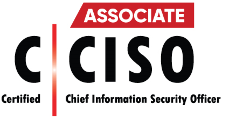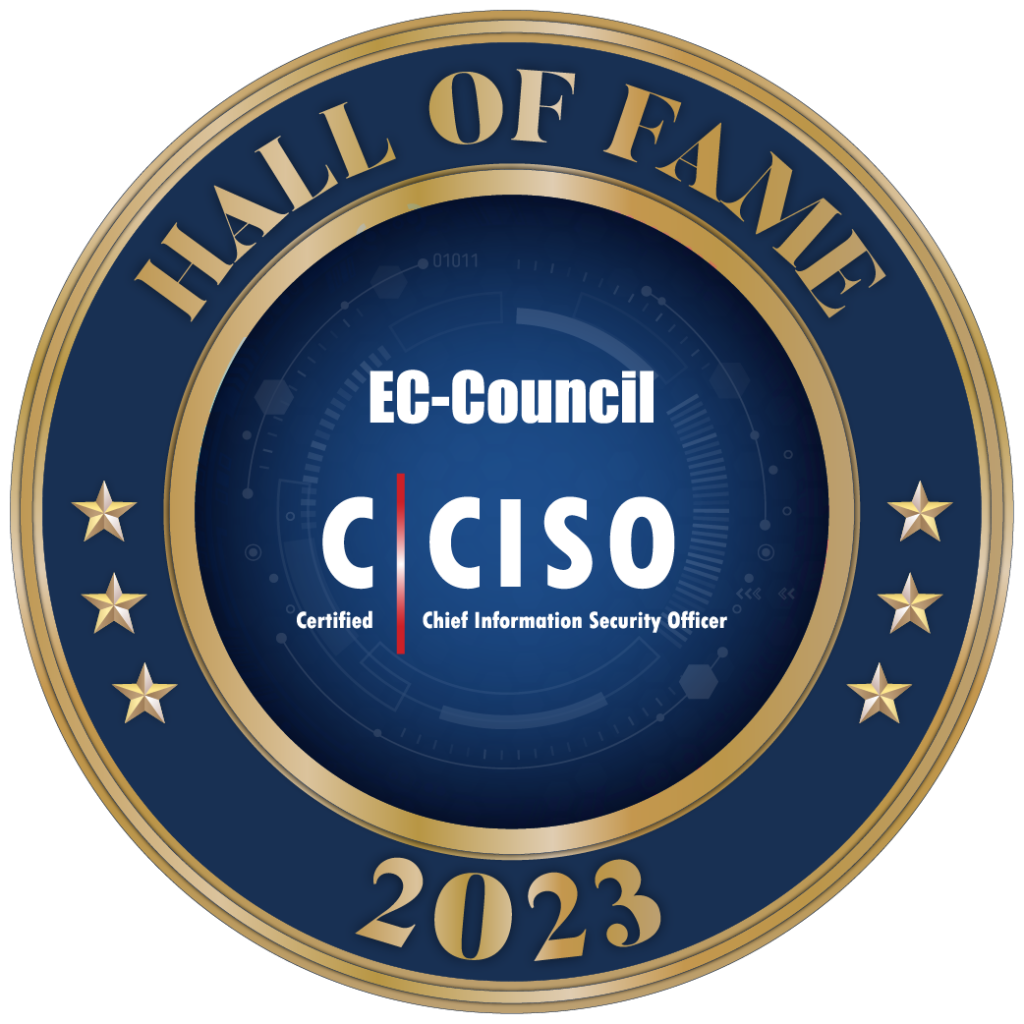Why should you consider the C|CISO program?
EC-Council’s Certified Chief Information Security Officer (C|CISO) Program has certified leading information security professionals around the world. A core group of high-level information security executives, the C|CISO Advisory Board, formed the foundation of the program and outlined the content covered by the exam, body of knowledge, and training. Some members of the Board contributed as authors, others as exam writers, others as quality assurance checks, and still others as instructors. Each segment of the program was developed with the aspiring and sitting CISO in mind and looks to transfer the knowledge of seasoned executives to the next generation of leaders in the areas that are most critical in the development and maintenance of a successful information security program.
The Certified CISO certification is ANAB-accredited and designed to meet the rigorous ISO/IEC 17024 standards. It is also an approved baseline certification under DoD Directive 8570/8140, providing an excellent opportunity for advancement in the U.S. military and is recognized by the U.S. Army, Navy, Air Force, and Marine Corps.

















